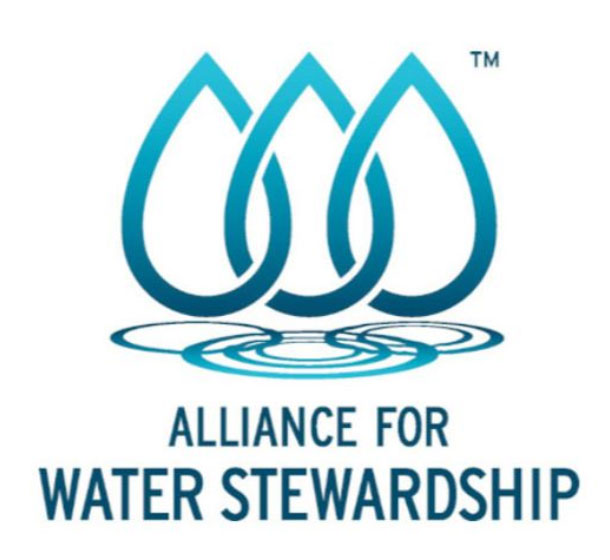Water risk and stewardship approaches for the aluminium industry
A guest article from ASI Member: Alliance for Water Stewardship (AWS). The aluminium industry’s inherent dependence on water underscores its vulnerability to water-related challenges and potential impacts on other water users. How can the aluminium industry address these challenges, build business resilience and safeguard water as a shared resource?
29 April 2024
Significant water resources are required for the production of aluminium. Each production stage demands large quantities of water, from extracting bauxite to refining processes or cooling. However, water scarcity is a growing concern worldwide with more than a quarter of the world’s population facing extremely high levels of water stress. This is further exacerbated by climate change, with altered precipitation patterns causing intensified droughts and floods worldwide.
The aluminium industry’s inherent dependence on water underscores its vulnerability to water-related challenges and potential impacts on other water users. Water stewardship provides a holistic and robust approach to addressing these challenges, seeking to safeguard water as a shared resource and fostering business resilience. It complements existing sustainability strategies and can be applied to each tier of the value chain. The Alliance for Water Stewardship (AWS) defines water stewardship as ‘the use of water that is socially and culturally equitable, environmentally sustainable and economically beneficial, achieved through a stakeholder-inclusive process that includes both site- and catchment-based actions.’
Water risk in the aluminium industry
Operating in diverse geographic regions, some already grappling with water stress, the aluminium industry faces intensified pressure to manage water resources sustainably. Some of the water-related risks businesses operating in these areas face include:
- Water quantity: Climate change and mismanagement of water continue to threaten the continued reliable supply of water, which is needed throughout the production process of aluminium.
- Water quality: Incoming water supplies can be of poor quality and require pre-treatment, increasing operational costs and energy use. In addition, discharges from mining activities, processing plants and water disposal sites can contaminate freshwater resources.
- Degradation of important water-related areas: The healthy functioning of a catchment is linked to the condition of important water-related areas such as (but not limited to) wetlands and peatlands. Aluminium production and use along the value chain have significant direct and indirect impacts on water-related areas.
- Safe water, sanitation and hygiene (WASH): The provision of WASH is not only an on-site concern but also off-site, in the surrounding communities, as poor access can lead to health complications and increase absenteeism amongst staff.
- Regulatory and reputational risk: As water supplies become more constrained, more stringent regulations will be imposed on water usage and discharge. Compliance isn’t just about avoiding penalties; it’s about upholding the industry’s reputation. With a bad reputation, the social license to operate is compromised and water authorities could be less inclined to provide favourable permits.
Getting started on water stewardship
To address these water-related risks, the aluminium industry must understand the local context of the catchment in which they operate and develop strategies to protect the water resources they depend on and share.
The sustainable management of water is not just a choice but a necessity for the aluminium industry. By prioritising water stewardship, companies can mitigate environmental impact, maintain regulatory compliance, enhance operational efficiency, and uphold their social license to operate. In doing so they are not only safeguarding their future, they are also contributing to a more resilient and water-secure world.
 About AWS
About AWS
AWS provides a globally applicable, ‘how-to’ framework for water stewardship, the AWS Standard. The five-step process guides water users to progress against five outcomes: good water governance, sustainable water balance, good water quality status, important water-related areas and water, sanitation and hygiene (WASH) for all. It can be implemented at any water-using site around the world. Certification to the AWS Standard is the gold standard for credible water stewardship.
To learn more about AWS and the AWS Standard visit a4ws.org. If you are ready to start your water stewardship journey, please get in touch with us at info@a4ws.org.
Article by Ben Davis, Sector Coordinator, Alliance for Water Stewardship.
SHARE THIS ARTICLE


